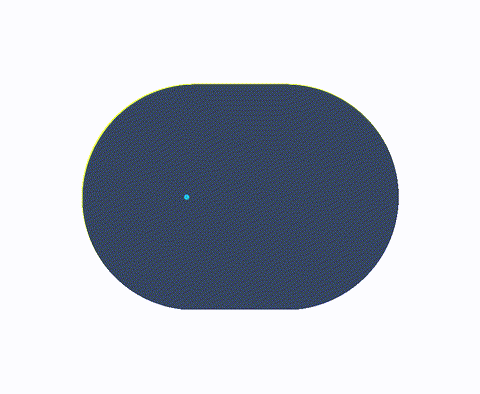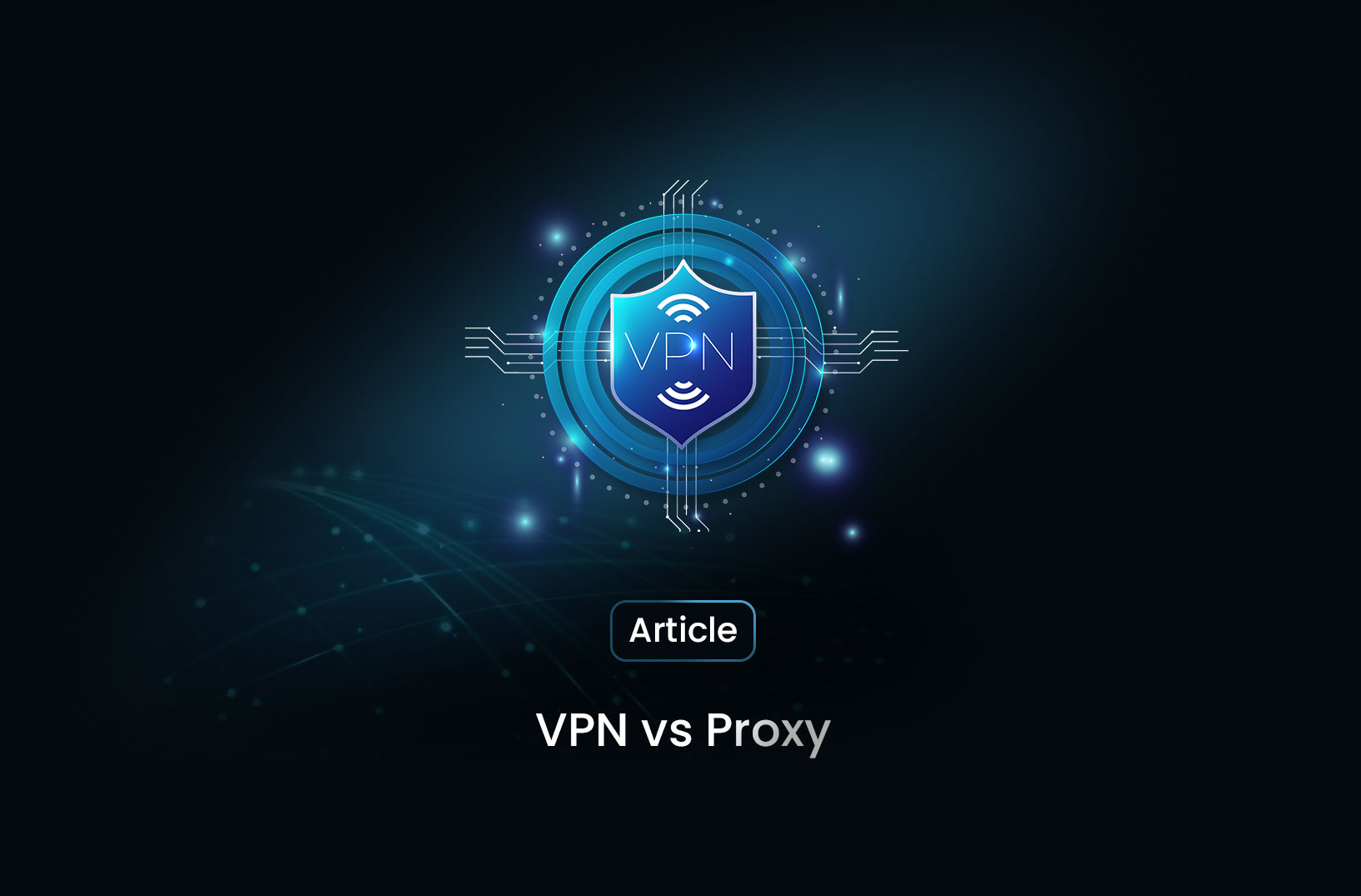
VPN vs Proxy: Which One Should You Use for Web Scraping?
ArticleVPN vs Proxy: Which one is better for web scraping? Learn the key differences between VPNs and proxies, their pros and cons, and which is best for data extraction.
When it comes to online privacy and bypassing restrictions, VPNs and proxies are two of the most commonly used tools. But what’s the difference between them, and which one is better for web scraping? In this guide, we’ll compare VPN vs Proxy to help you understand their strengths and weaknesses.
What is a Proxy?
A proxy server acts as an intermediary between your device and the internet. When you send a request, the proxy forwards it to the target website and returns the response to you. This hides your IP address and allows you to access geo-restricted content.
Types of Proxies
- Residential Proxies – Use real IP addresses from internet service providers (ISPs). Ideal for web scraping as they mimic real users.
- Datacenter Proxies – Fast and cost-effective but more easily detected by anti-bot systems.
- Rotating Proxies – Change IP addresses periodically to reduce blocking risks.
What is a VPN?
A VPN (Virtual Private Network) encrypts your internet connection and routes it through a remote server, masking your IP address and securing your online activities. Unlike proxies, VPNs protect all of your internet traffic, not just specific requests.
VPN vs Proxy: Key Differences
| Feature | Proxy | VPN |
|---|---|---|
| IP Masking | Yes | Yes |
| Encryption | No | Yes |
| Privacy | Low (Only hides IP) | High (Encrypts all traffic) |
| Speed | Faster (No encryption overhead) | Slower (Due to encryption) |
| Best For | Web scraping, geo-unblocking | Secure browsing, avoiding tracking |
| Device Coverage | Per application | Whole device |
Which One is Better for Web Scraping?
If your goal is efficient and large-scale web scraping, a proxy is usually the better choice. Here’s why:
- Faster speeds – No encryption overhead like VPNs.
- Better IP rotation – Many proxy services offer pools of IPs that rotate automatically.
- More control – Choose between residential, datacenter, and rotating proxies based on your needs.
However, if you need extra security and privacy, such as scraping sensitive data, a VPN may be a useful additional layer of protection.
Conclusion
Both VPNs and proxies have their advantages, but for web scraping, proxies are usually the better choice due to their speed, flexibility, and ability to bypass anti-scraping measures.
If you need a powerful proxy solution for scraping, check out MrScraper to get started with high-quality residential and rotating proxies!
Find more insights here
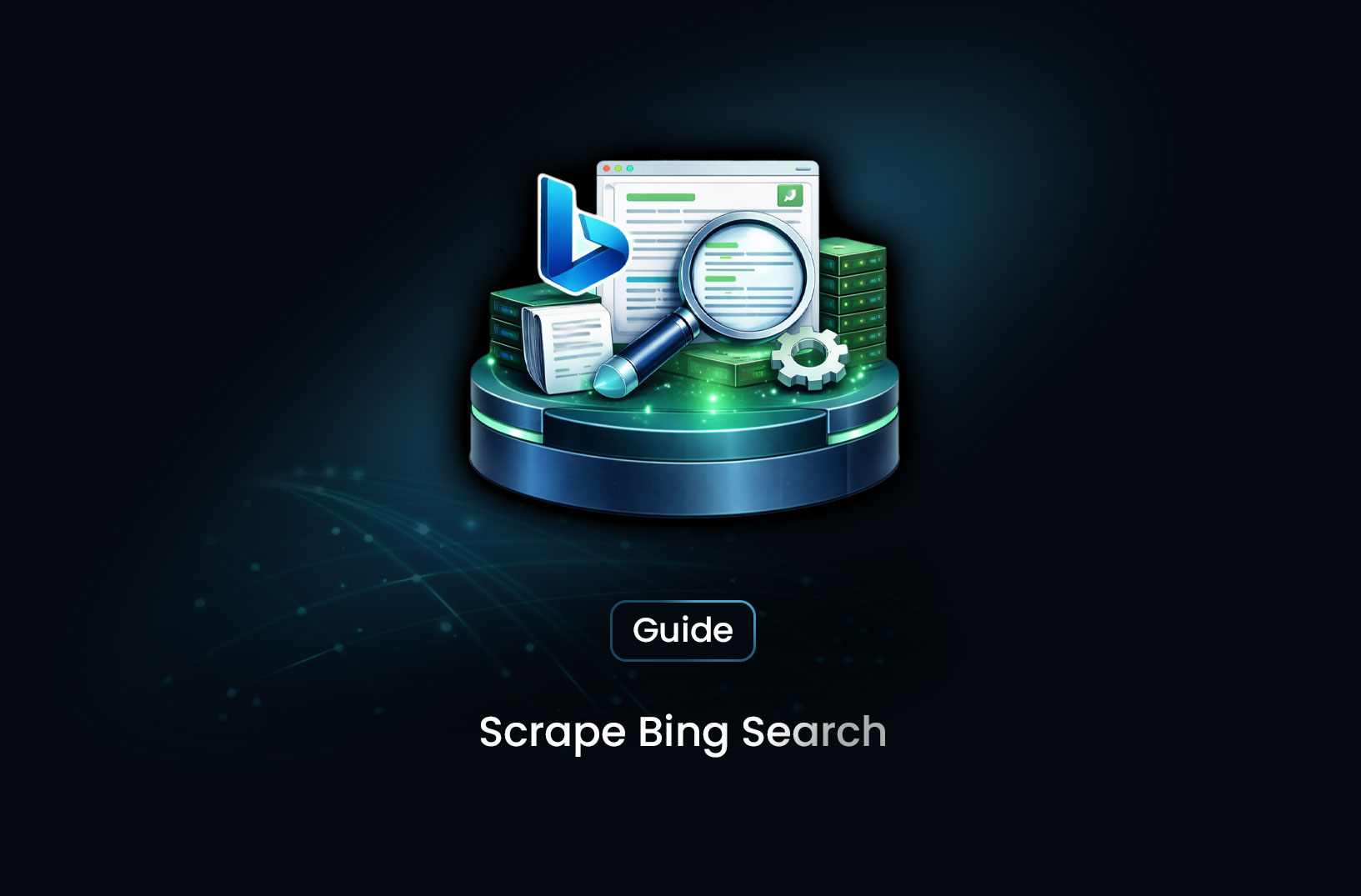
Scrape Bing Search: A Practical Technical Guide
Bing scraping blocked? Discover how to bypass rate limits and bot detection to extract URLs, titles,...
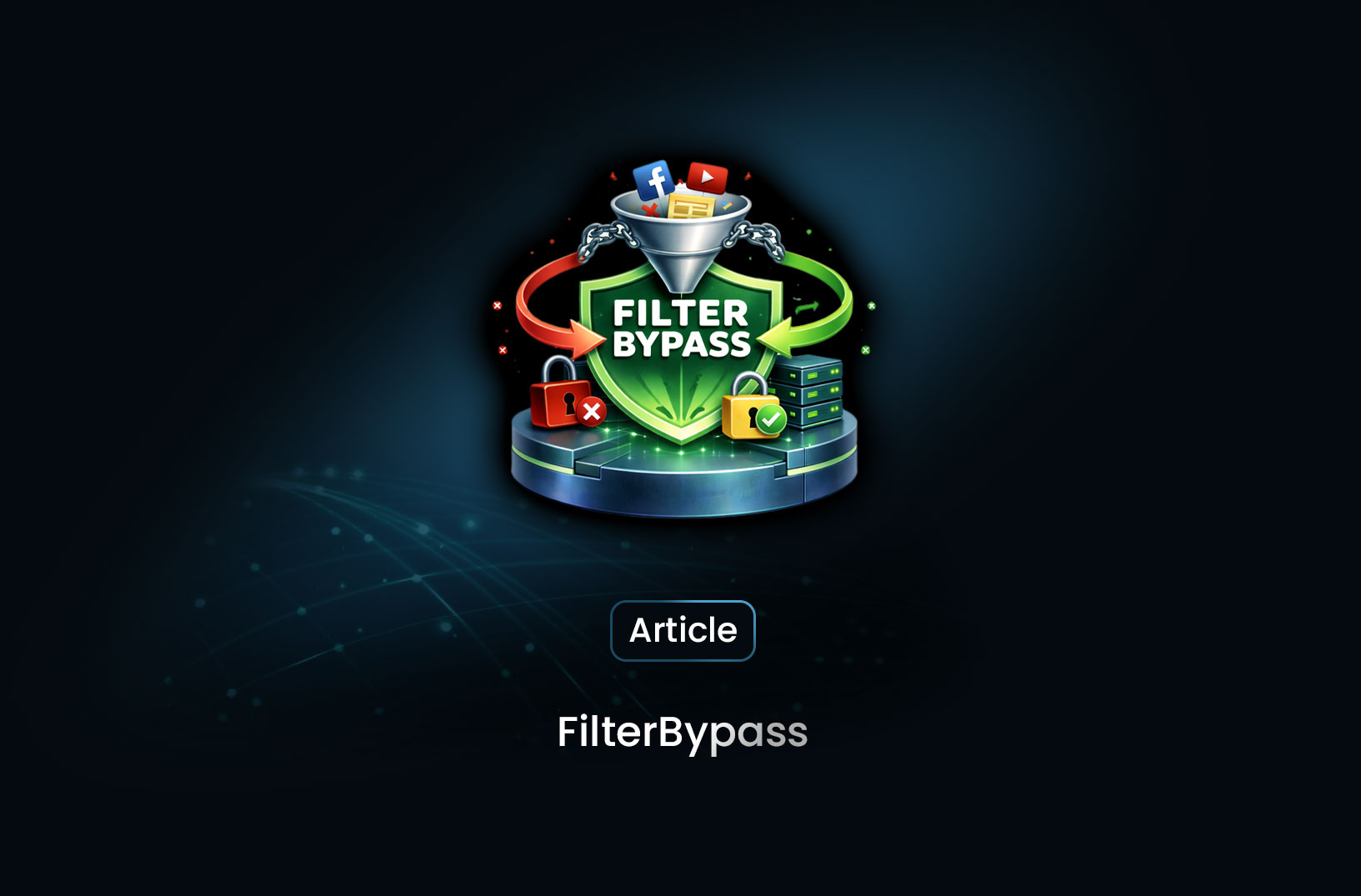
FilterBypass: Unblocking Restricted Sites in a Simple Way
FilterBypass is a free web proxy that acts as an intermediary between your browser and the target si...
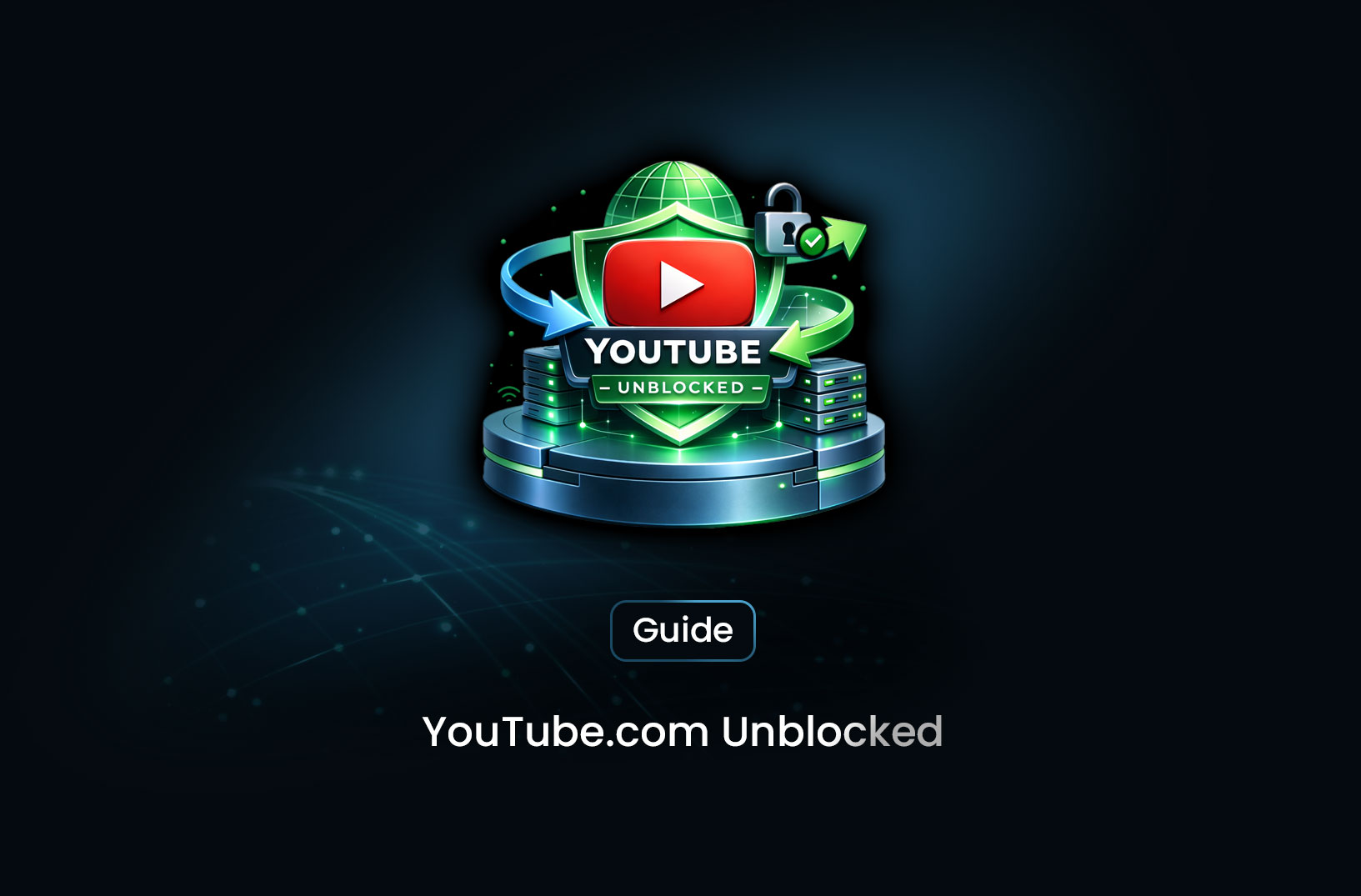
YouTube.com Unblocked: Accessing YouTube When It’s Restricted
Learn how to access YouTube unblocked on school, work, or regional networks. Explore VPNs, proxies,...
